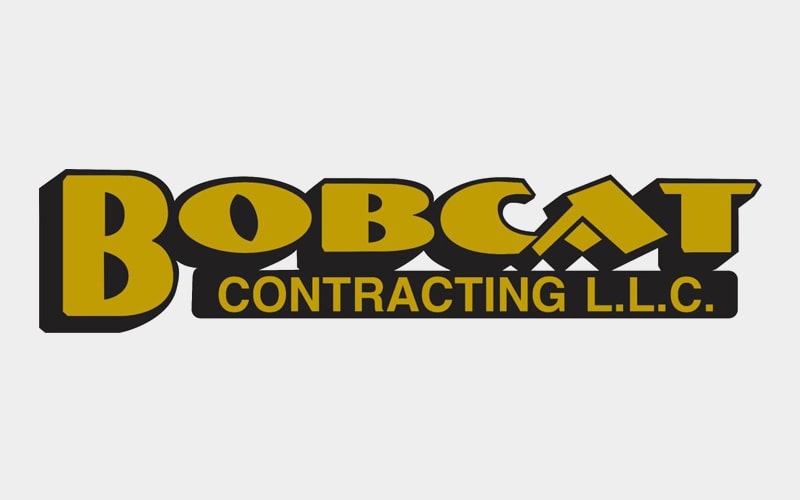
Owning one or more cranes brings with it a lot of responsibilities, and one of those responsibilities is to have your cranes regularly inspected by a crane repair service or other qualified individuals. In some areas, this is a legal requirement, in others, it’s not mandated but still effectively required to maintain a license.
Either way, having your cranes regularly inspected is a very good idea. Here’s what you need to know.
I. Why Inspect Your Crane?
Aside from potentially being required by state or local regulations, regular crane inspections are the only way to prevent minor maintenance problems from becoming major issues. A crane failure on-site would be absolutely disastrous, potentially causing great harm to property or even to people.
Fundamentally, crane inspections are a form of insurance to prevent much worse and more costly incidents later on.
II. Who Should Do Crane Inspections?
The Crane Manufacturers Association of America recommends that any crane inspector should have at least 2,000 hours of training and experience in operating, repairing, and maintaining cranes. That can be a hard combination of experience to find. Most of the time, your best bet is going to be hiring a dedicated crane repair service – particularly one that is attached to a contractor or crane rental service.
They’ll have the expertise and the equipment to do the job right.
III. How Often Does A Crane Need A Full Inspection?
There are several situations where a crane inspection is either required or recommended.
- Prior to first usage. If you have just purchased a new crane, it should be thoroughly examined and inspected from top to bottom before it’s put into active use.
- After major refurbishment. Don’t trust the organization that refurbished your crane – hire a neutral third party to verify the integrity of their work before using it.
- After a long period of disuse. If a crane has gone unused for at least a month, OSHA mandates that it be inspected as if it were new. The chances that something has gone wrong are too high to ignore, even if it’s been safely stored.
- At least yearly, based on usage. Under normal circumstances, a crane in regular operation only needs yearly top-to-bottom inspections. However, cranes in heavy use should have quarterly inspections instead.
Bobcat Contracting has the expertise, the tools, and the specialized repair bays needed to keep your cranes operating properly. Contact us to learn more!
